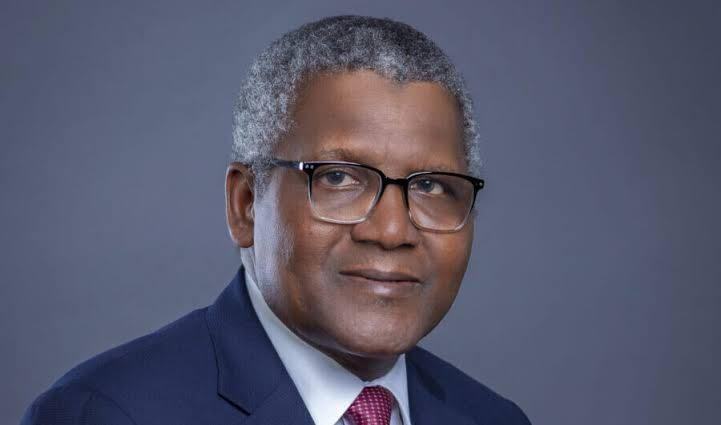FG raises concern over 75% desertification in northern states
Federal Government has raised concern over the rising threat of desertification in some northern states, revealing that between 50 and 75 per cent of the landmass in Bauchi, Borno, Gombe, Jigawa, Kano, Katsina, Kebbi, Sokoto, Yobe and Zamfara states is already affected
The Minister of Environment, Balarabe Abbas Lawal, raised the concern yesterday in Abuja at a workshop convened to review the National Policy on Drought and Desertification and supported by the World Bank through the ACReSAL Project.
He described desertification as the most pressing environmental issue in dryland areas, stating that the states, which account for about 38 per cent of the country’s total land area and are home to nearly 27 million people, are becoming increasingly vulnerable to poverty, food shortages, and migration due to harsh environmental conditions.
The minister, who was represented by the Permanent Secretary, Mahmud Kambari, said: “The dryland region supports over 90 per cent of Nigeria’s cattle, two-thirds of the sheep and goats, and almost all the donkeys, camels and horses. It also plays a vital role in agricultural production and the export of crops. But these areas have now been impoverished by drought and desert-like conditions.”
According to him, the land degradation across Nigeria is accelerating at an alarming rate, as data from 2000 to 2010 shows the country lost over 463,000 hectares of forestland, with a significant portion converted to cropland, shrubs and grasslands.
Lawal identified unsustainable land-use practices, agricultural expansion, deforestation, mining, urbanisation, and climate change as key drivers of desertification and drought in Nigeria. He stressed the need for a holistic and inclusive approach, incorporating input from affected communities and stakeholders across sectors.
He also lamented the limited effectiveness of the existing National Policy on Drought and Desertification, which was formulated in 2007. He said the 17-year-old document required urgent review to address emerging gaps and integrate sustainable development principles such as gender equity, precautionary measures, and intergenerational justice.
He urged participants to critically examine the current policy and contribute to the creation of a new framework that would be robust, participatory and capable of mitigating land degradation across the country.
While commending the World Bank and ACReSAL for their support, the minister called for stronger inter-sectoral collaboration to ensure the new policy aligned with national strategies on agriculture, mining, urban development and climate change.










